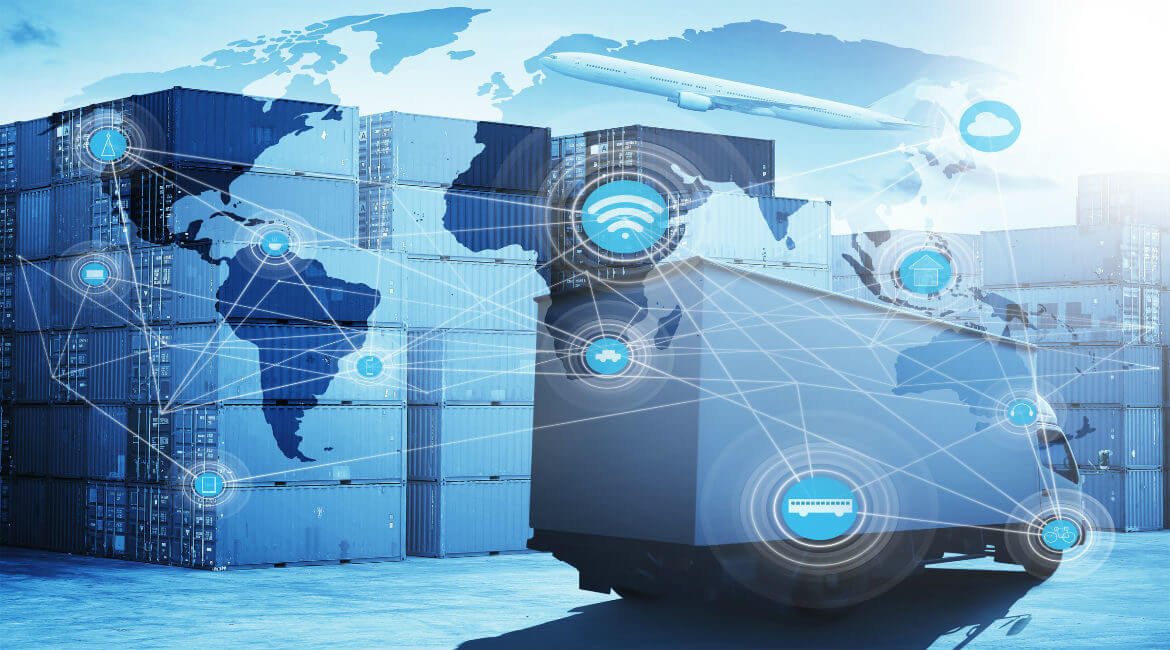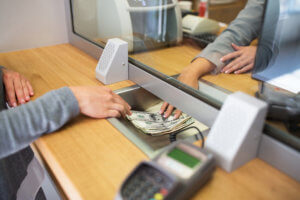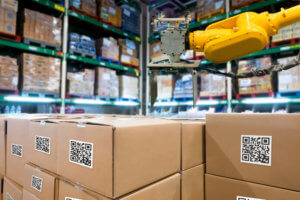Introduction
Agriculture is the backbone of many countries. Often many countries export and import agricultural products based on their requirement. But when it comes to trade concerning agriculture till day age-old methods are used. It is often said that billions of dollars’ worth of food are wasted not because there are not people who want food but because food doesn’t reach their plates at the right time.
Why do we need Blockchain in Agriculture?
📌 Provenance Tracking
Big giants like Amazon, Walmart used to struggle to pick up any product from their shelves and know the provenance of the product. It might even take days to understand sometimes. Walmart had to recall an entire batch of pork in China as it was not able to find the whereabouts of the product, and the product was not in a condition to consume. This resulted in millions of dollars of loss.
📌 Supply Chain
Given COVID 19 situation worldwide, many industries are hit very severely. Out of all the industries hit, Restaurants/Dining out would be the worst hit since even after the lockdown is lifted, people wouldn’t be willing to dine out. To gain the trust of the customers that food is treated with utmost hygiene, one would like to know the whereabouts the food served. Hence supply chain plays a crucial role in the same. Accordingly, if the information of the product is stored in blockchain right from its origin, the trust could be gained quickly.
📌 Organic/Inorganic
It is easy to pass in organic food as organic these days. Blockchain helps to trace the origin of food.
How can we leverage Blockchain technology in Agriculture?
Farmers for either organic or inorganic food can deal with big players directly without the involvement of mediators. With the help of smart contracts and IoT sensors, right from the very initial stage of sowing the seeds to harvesting to sending the crops to the warehouses of the vendors, everything can be achieved using blockchain.
This way, the vendors will have a clear picture of where their goods are coming from, payments are made on time with no loss to the farmers. With the help of IoT sensors, the adequate temperature can be maintained for the goods which will be tracked through blockchain, ensuring the crops are not spoiled during transportation.
Companies leveraging this technology
🏭 Walmart, in partnership with IBM, developed Food Trust blockchain for tracking the provenance of food from different vendors. Walmart has asked all its vendors to get into their blockchain platform to do business with them to ensure the success of the Food Trust blockchain.
🏭 Coco-Cola built a blockchain platform to ensure ethical sugar production.
🏭 Tony’s Chocolonely – The chocolate industry is labor-intensive, and a lot of child labor is employed for the same. Cocoa farmers are impoverished as the cocoa beans supply chain is extremely complicated, and hence, they cannot decide the price for their beans. Thus, Tony’s Chocolonely has agreements directly with farmers and even pay 40% more since they know the provenance of their seeds.
🏭 Unilever (HUL) is working to check the provenance of tea in Malawi.
🏭 Dreyfus used blockchain to close a deal of Soya beans with a Chinese Supplier. The deal was finalized smoothly, cutting transaction time drastically.
Implementing blockchain in the agriculture domain is not easy. The technology should be combined with IoT for precise tracking along the supply chain. Big players though actively trying to engage the technology it takes time for the farmer to be benefitted from the same. Many platforms are being built from different players, and interoperability remains a concern. Thus it takes time to evolve to the requisite level to reap maximum benefits, but it is inevitable to use the tech in agriculture widely.




 One primary application of smart contracts lies in the healthcare industry. Transferring and sharing patients’ electronic medical records (EMR) should be done in the most secure way. We are not saying that the current technology is not secure at all. We are just saying that using this technology will enhance the existing security.
One primary application of smart contracts lies in the healthcare industry. Transferring and sharing patients’ electronic medical records (EMR) should be done in the most secure way. We are not saying that the current technology is not secure at all. We are just saying that using this technology will enhance the existing security. Banking systems have undergone a lot of changes proportional to technology adoption by the people. Smart contracts can play a crucial role in the mortgages provided by banks or any non-banking financial institutions. Banks spend a lot of money to check if the property that is being mortgaged currently is already mortgaged or not. To check if the property does indeed belong to the person applying for the mortgage or not. If the documents of the property are placed in blockchain with the help of smart contracts, this can be verified in a click. This saves a lot of money to both consumers and banking, reportedly in billions.
Banking systems have undergone a lot of changes proportional to technology adoption by the people. Smart contracts can play a crucial role in the mortgages provided by banks or any non-banking financial institutions. Banks spend a lot of money to check if the property that is being mortgaged currently is already mortgaged or not. To check if the property does indeed belong to the person applying for the mortgage or not. If the documents of the property are placed in blockchain with the help of smart contracts, this can be verified in a click. This saves a lot of money to both consumers and banking, reportedly in billions. These days we have to provide our KYC documents at various places like to open a bank account, to take a sim card, driving license, registering property to name some. If the KYC documents are stored in a blockchain, with the help of smart contracts, the right people can be given proper authority to access them. Also, if any changes required from our side, we need to make a change at one single repository instead of making changes at every entity where we have given the documents.
These days we have to provide our KYC documents at various places like to open a bank account, to take a sim card, driving license, registering property to name some. If the KYC documents are stored in a blockchain, with the help of smart contracts, the right people can be given proper authority to access them. Also, if any changes required from our side, we need to make a change at one single repository instead of making changes at every entity where we have given the documents. Supply Chain is one major area that can benefit hugely using blockchain adaptability and thereby using smart contracts. There are various documents throughout the supply chain cycle which can be misplaced and tough to authenticate at and every area required. If smart contracts are used to share and verify these documents, a lot of time and money can be saved to clear the goods at national highways, significant seaports, etc. Provenance tracking can also be done, thus increasing the bar of trust among consumers.
Supply Chain is one major area that can benefit hugely using blockchain adaptability and thereby using smart contracts. There are various documents throughout the supply chain cycle which can be misplaced and tough to authenticate at and every area required. If smart contracts are used to share and verify these documents, a lot of time and money can be saved to clear the goods at national highways, significant seaports, etc. Provenance tracking can also be done, thus increasing the bar of trust among consumers. Voting can be achieved relatively and transparently using blockchain and smart contracts. With blockchain involved, no one can tamper with the election process, and with the smart contracts, it is possible to ensure the correct person is voting instead of the duplicity of votes.
Voting can be achieved relatively and transparently using blockchain and smart contracts. With blockchain involved, no one can tamper with the election process, and with the smart contracts, it is possible to ensure the correct person is voting instead of the duplicity of votes. We all know it takes time for the insurance industries to clear the claims as it takes time to check the claims for its authenticity. With the adoption of smart contracts, the respective authorities can easily fact check the claims. For example, for travel insurance, we can easily verify whether the flight is a delay or canceled, thus passing the request.
We all know it takes time for the insurance industries to clear the claims as it takes time to check the claims for its authenticity. With the adoption of smart contracts, the respective authorities can easily fact check the claims. For example, for travel insurance, we can easily verify whether the flight is a delay or canceled, thus passing the request.